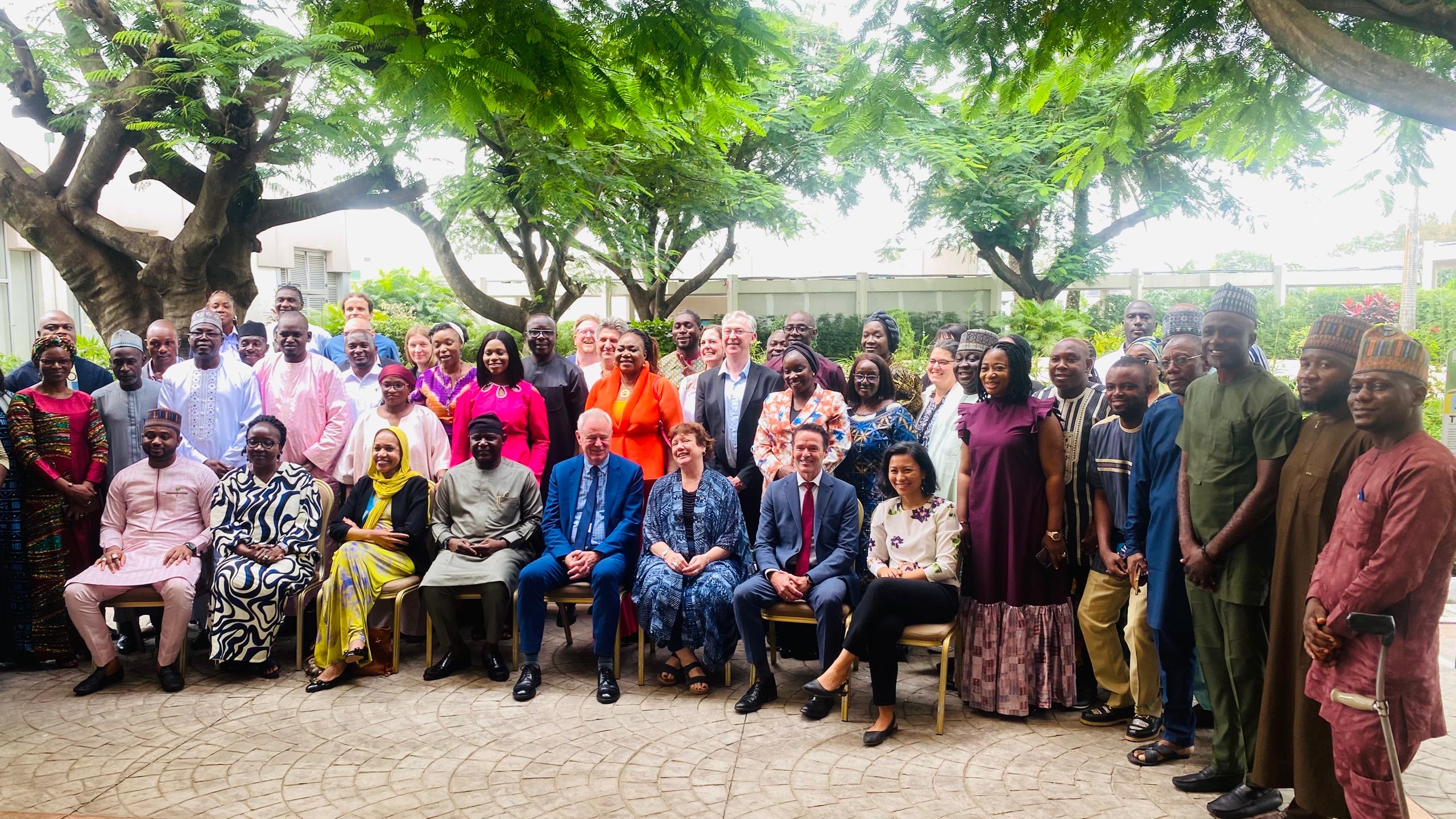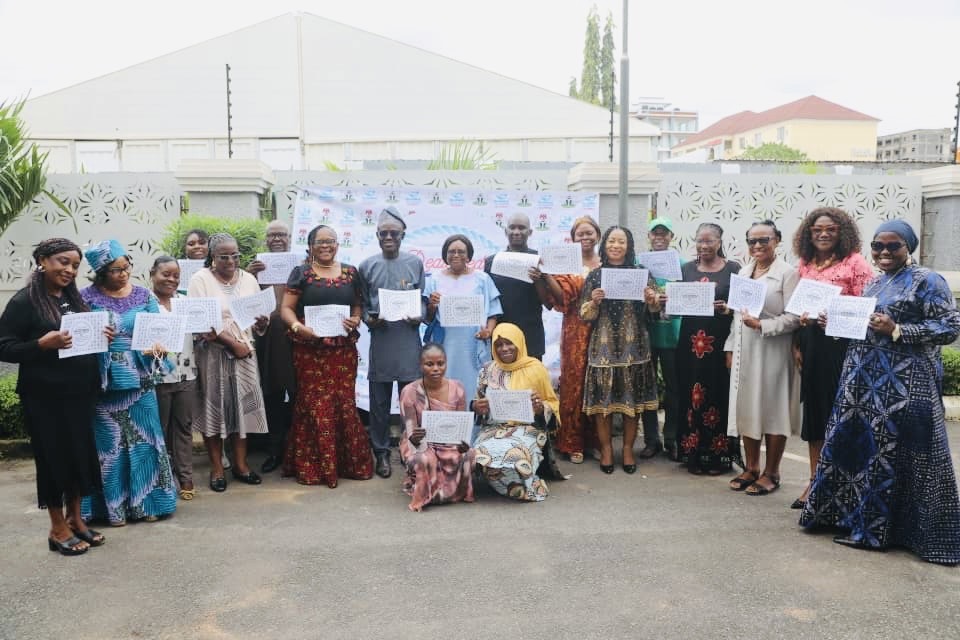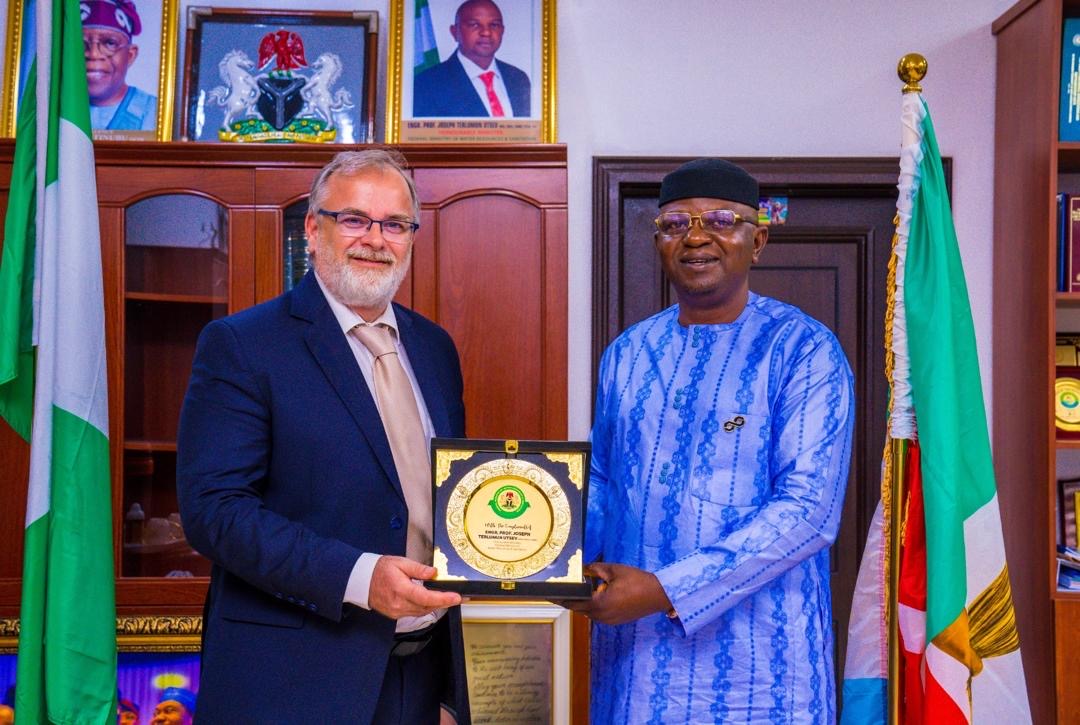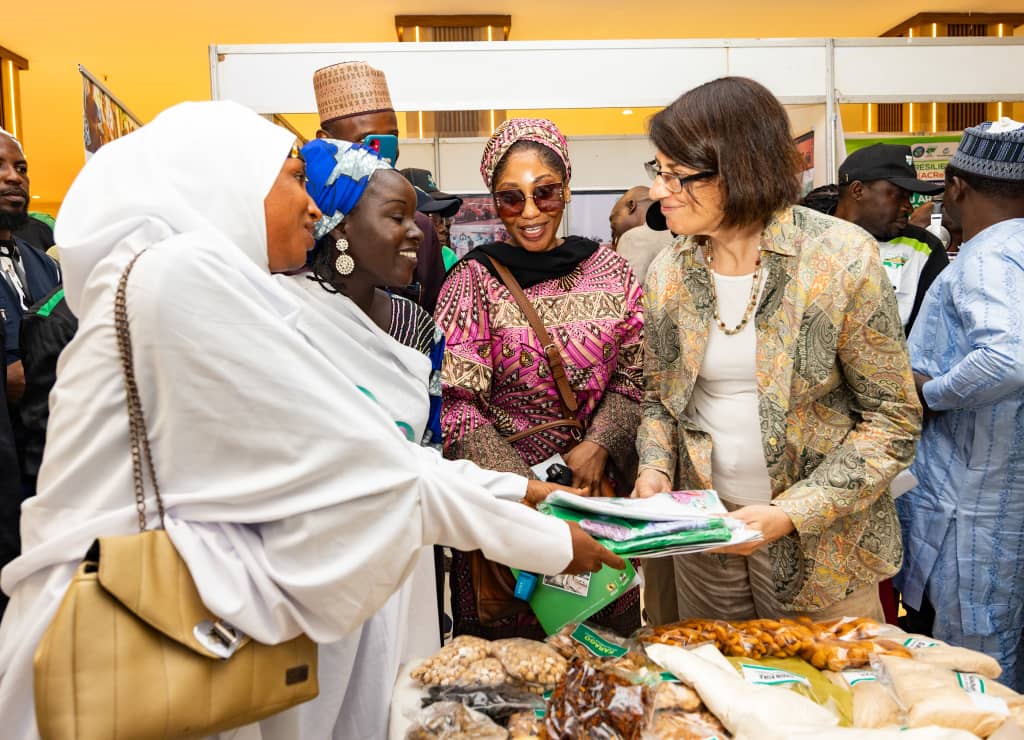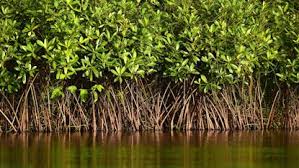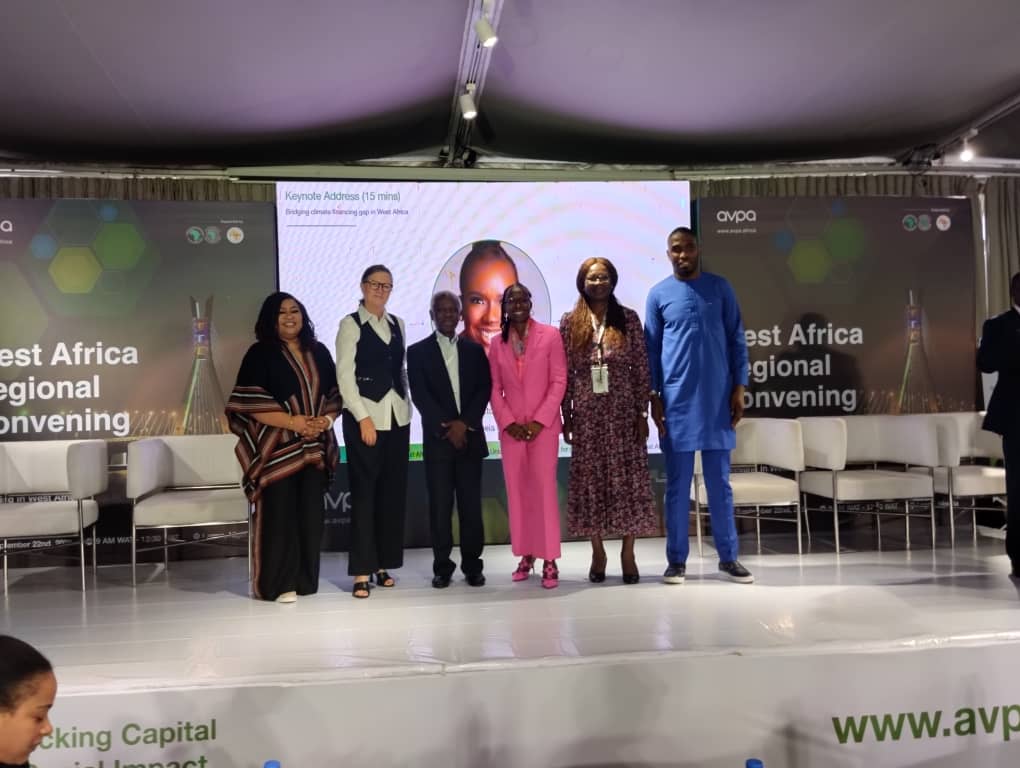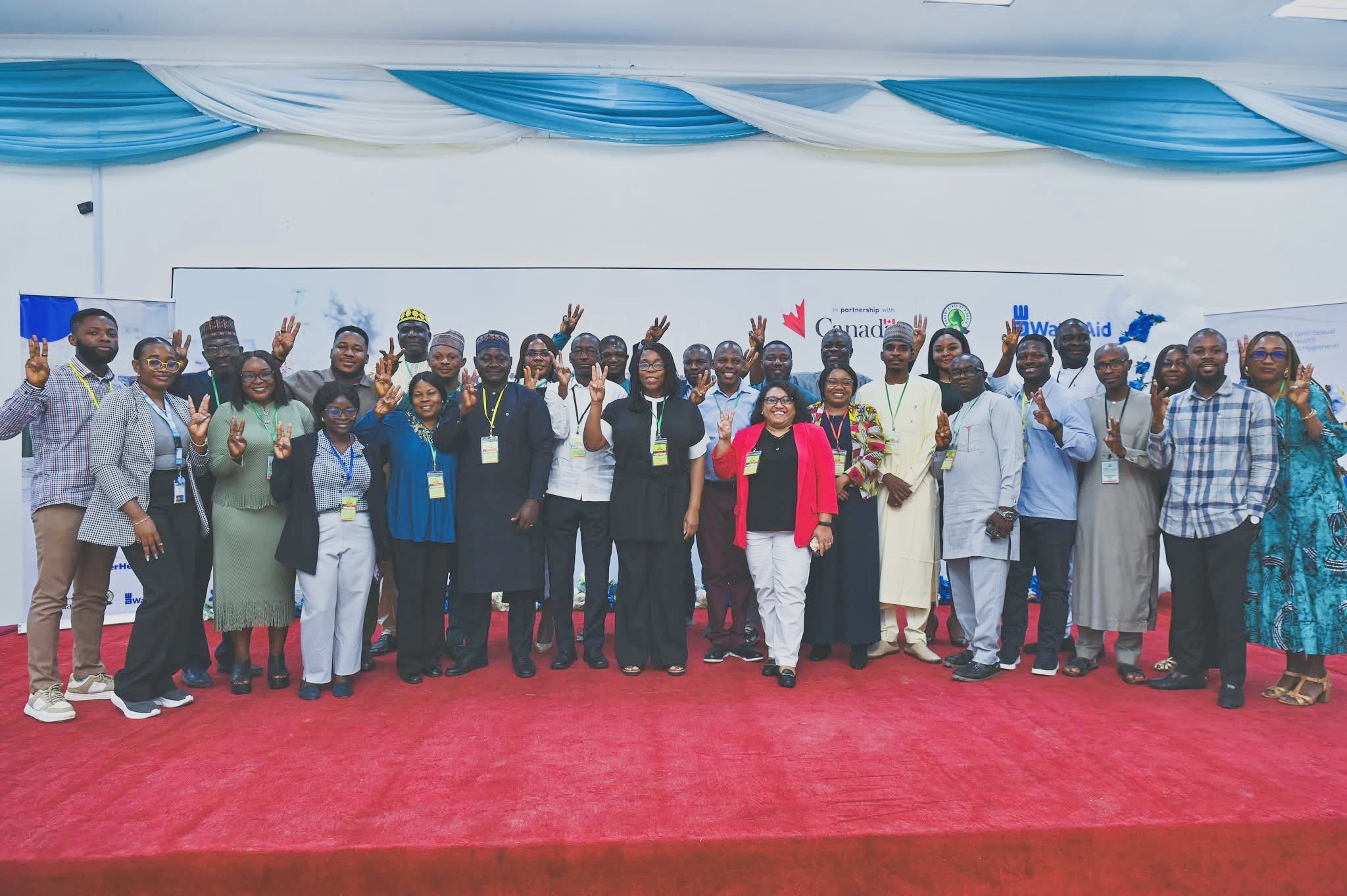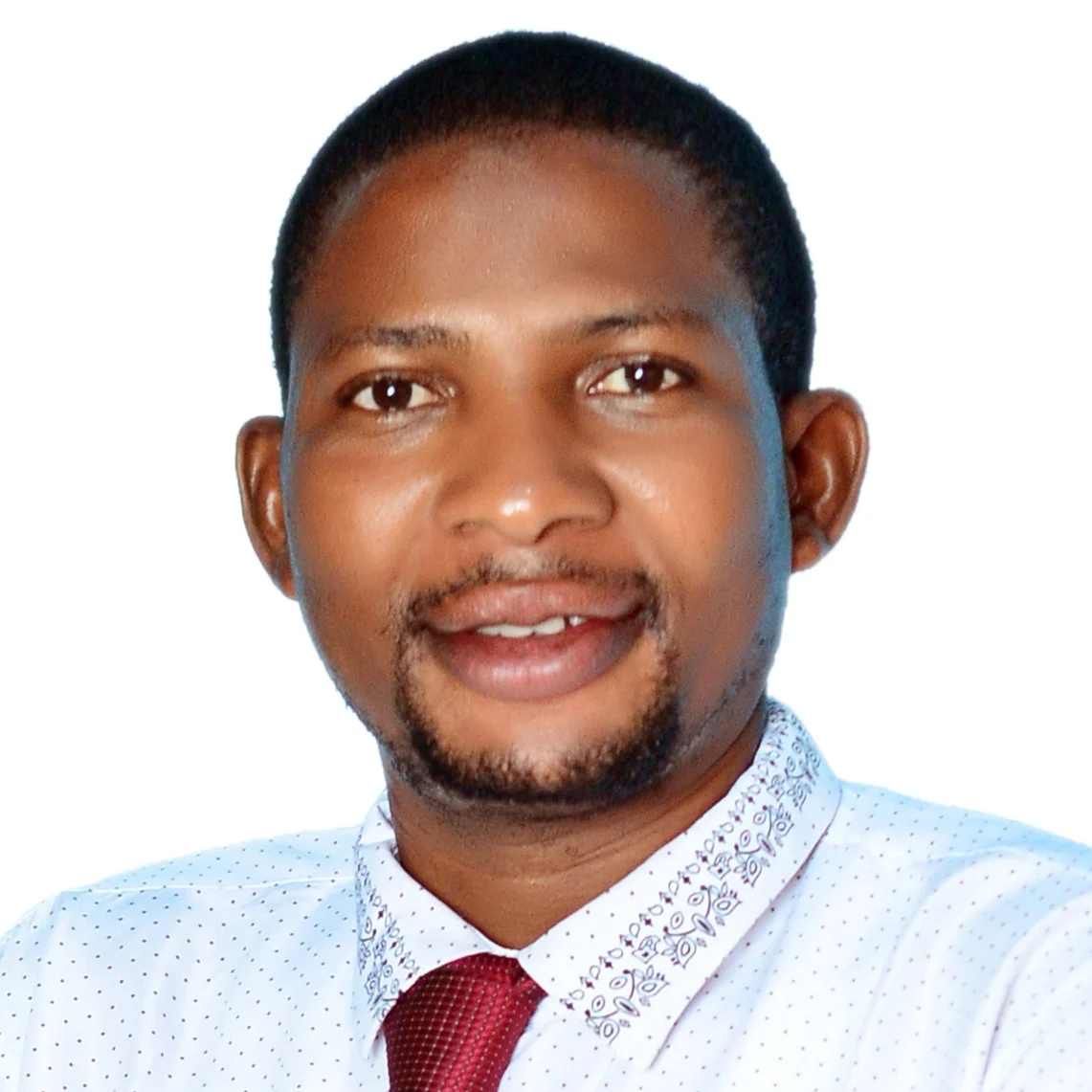FG urges stronger commitment to water, sanitation goals
By Tosin Kolade The Federal Government on Tuesday said Nigeria has made progress in providing safe water and sanitation, but warned that stronger commitment is needed to achieve Sustainable Development Goal Six (SDG 6) by 2030. Minister of Water Resources and Sanitation, Prof. Joseph Utsev, said this in Abuja atContinue Reading








